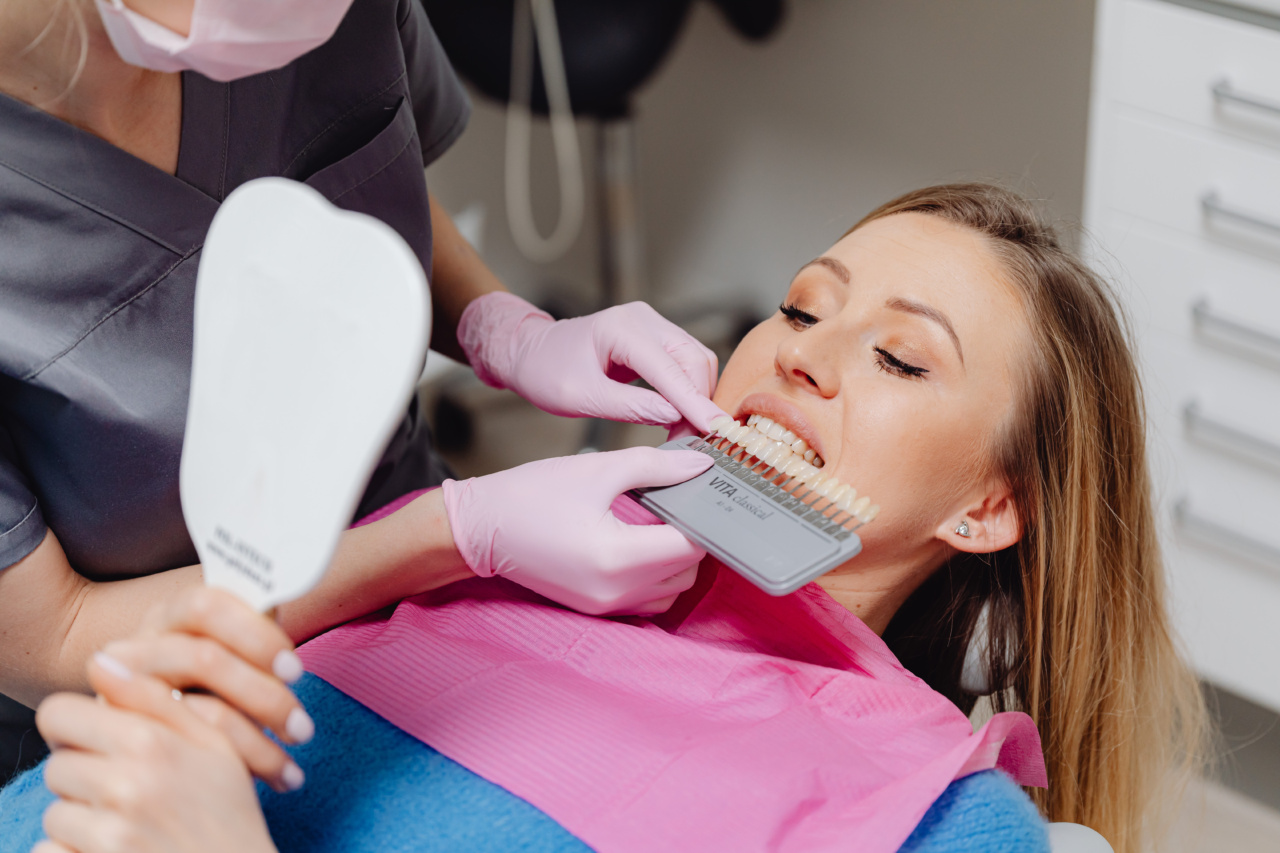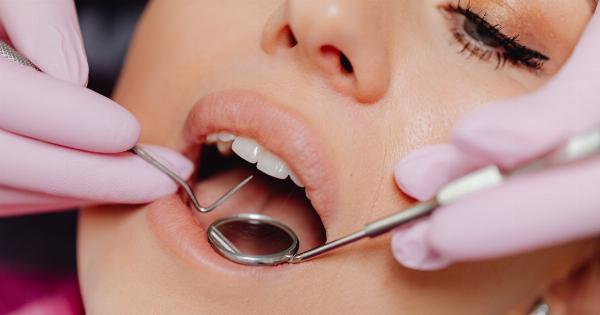Pregnancy is a beautiful and exciting time in a woman’s life, but it also brings about changes in the body that need to be properly managed. One area that often gets overlooked during pregnancy is dental care.
Hormonal changes and an increase in blood flow can have a significant impact on your oral health. To ensure the well-being of both you and your baby, it is crucial to maintain good oral hygiene and take necessary precautions. This ultimate guide will provide you with essential tips and information on how to maintain your teeth during pregnancy.
1. Schedule a Dental Check-Up
Before you conceive or in the early stages of your pregnancy, it is advisable to visit your dentist for a comprehensive oral check-up. This will help identify any existing dental issues and address them before they worsen.
Inform your dentist about your pregnancy so that they can take necessary precautions and provide appropriate treatment.
2. Practice Good Oral Hygiene
Brushing your teeth twice a day and flossing daily are essential habits for maintaining good oral hygiene. During pregnancy, it becomes even more crucial to keep up with these practices.
Use a soft-bristled toothbrush and fluoride toothpaste to gently clean your teeth and gums. Consider using an antimicrobial mouthwash recommended by your dentist for added protection.
3. Be Mindful of Morning Sickness
Morning sickness is a common symptom experienced by many pregnant women. However, the frequent vomiting can expose your teeth to stomach acids, which can erode the enamel.
Rinse your mouth with water or a fluoride mouthwash after vomiting to neutralize the acid and protect your teeth. Avoid brushing immediately after vomiting to prevent further damage to the weakened enamel.
4. Stay Hydrated
Drinking plenty of water throughout the day not only helps with overall health but also promotes good oral hygiene. It helps flush out bacteria and keep your mouth moist, reducing the risk of tooth decay and gum disease.
Opt for water instead of sugary drinks to minimize the impact of acids and sugar on your teeth.
5. Maintain a Balanced Diet
A well-balanced diet is essential for your overall health during pregnancy, including your dental health.
Incorporate foods rich in calcium, phosphorus, and vitamin D to support the development of your baby’s teeth and bones, as well as maintain your oral health. Avoid excessive consumption of sugary and acidic foods, as they can contribute to tooth decay and erosion.
6. Limit Snacking
Frequent snacking throughout the day can increase the risk of tooth decay. When you snack, especially on sugary or starchy foods, the bacteria in your mouth produce acids that attack the enamel.
Limit your snacking habits and opt for healthier alternatives like fruits, vegetables, or dairy products. If you do indulge in a snack, brush your teeth afterward or rinse your mouth with water.
7. Address Pregnancy Gingivitis
Hormonal changes during pregnancy can make your gums more sensitive and prone to inflammation, leading to pregnancy gingivitis. Symptoms include red, swollen, or bleeding gums.
Practice good oral hygiene, including gentle brushing and flossing, to prevent and address pregnancy gingivitis. If the condition persists or worsens, consult your dentist.
8. Seek Dental Treatment with Caution
While it is generally safe to undergo routine dental procedures during pregnancy, it is essential to take precautions and inform your dentist about your pregnancy. Non-emergency procedures can typically be postponed until after delivery.
However, if immediate treatment is necessary, inform your dentist about your pregnancy stage to ensure the safest approach.
9. Stay Informed About Medications
If you require any medications or dental treatments during pregnancy, inform your dentist about your condition.
Some medications, especially antibiotics and painkillers, may be prescribed with caution to avoid potential risks to your baby’s development. Your dentist will consider the safest options available to address your dental needs.
10. Don’t Neglect Postpartum Dental Care
After giving birth, it is important to continue prioritizing your dental health. Schedule a follow-up dental check-up to address any delayed treatments or new concerns that may have arisen during pregnancy.
Ensuring your oral health is in good condition will help set you up for success in maintaining a healthy smile while taking care of your little one.






























